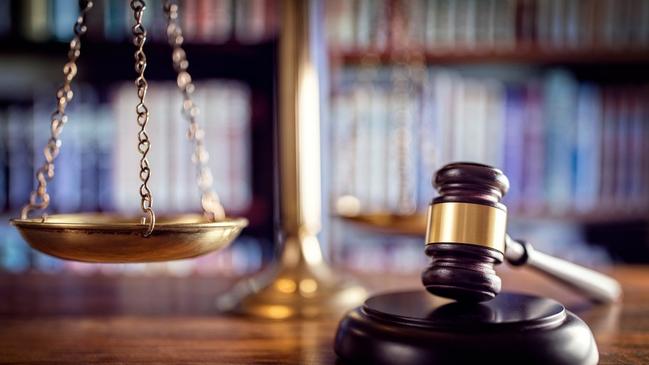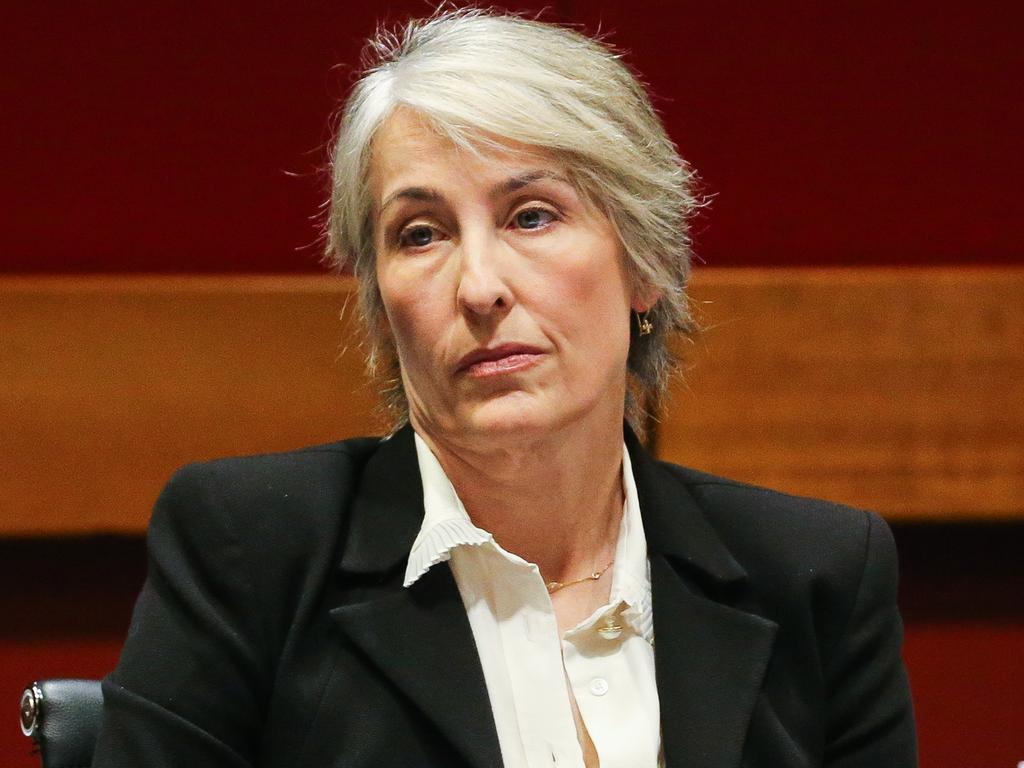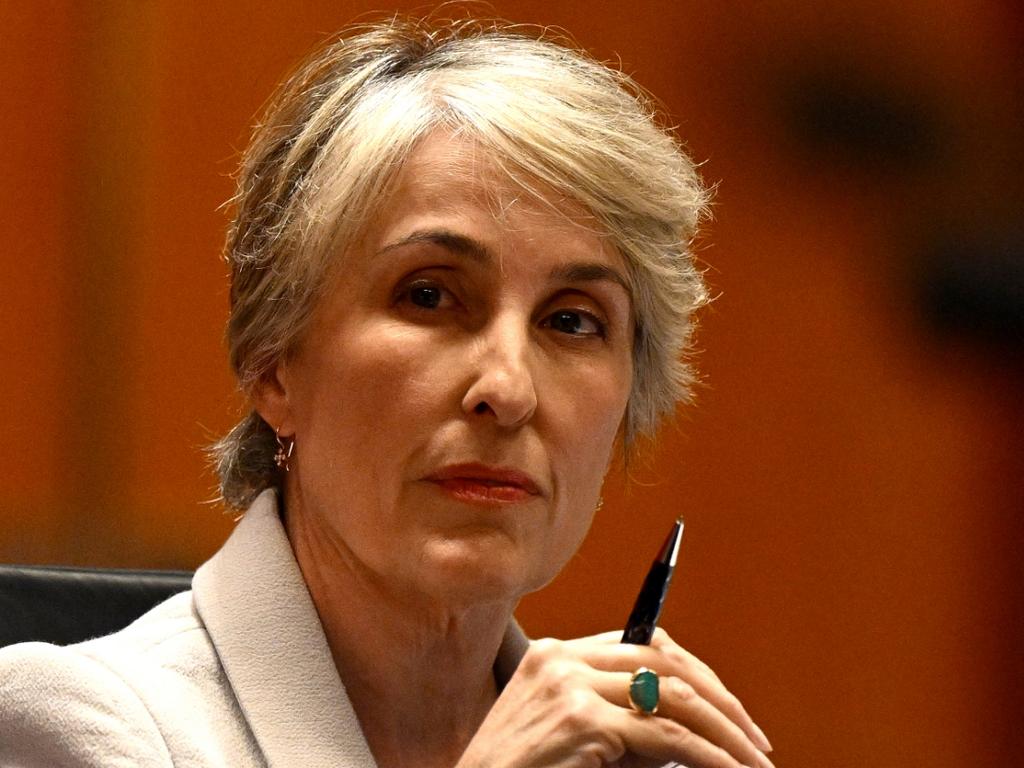NSW prosecutor accused of ‘coaching’ rape complainant
The shocking details of a sex assault case in which a prosecutor was accused of ‘coaching’ the complainant have been laid bare.

The details of a sexual assault case in which a NSW prosecutor was accused of “coaching” the complainant have been laid bare by the state’s highest court, with a judge accusing the lawyer of engaging in “horrible” and deceptive behaviour.
A judgment published by the NSW Court of Criminal Appeal on Tuesday reveals the prosecutor – whom The Australian cannot name – was slammed by a judge of a lower court after he “completely tipped off” the complainant as to gaps in her evidence during a meeting in which he intended to tell her he planned to drop the case.
The complainant then made a second police statement that, a judge said, resolved issues contained in her earlier allegations.
The notes from the meeting were not disclosed to the defence until more than a year after it had occurred.
The complex history of the matter, detailed in the Court of Criminal Appeal judgment, begins in March 2019 when the complainant accused two men of sexually assaulting her in a bathroom of a Parramatta hotel after she had attended the Mardi Gras parade. She claimed the young men forced her into sustained sexual intercourse which left her feeling “panicked” and “very scared”. In a statement to police, she said tafter one of the men had left the bathroom, the other continued assaulting her.
At that time, she said “No, that hurts, don’t do that” and “I’m tired I want to go to sleep”.
The two men in October 2021 were arrested and charged.
In April 2021, the prosecutor raised concerns with the complainant about her evidence, particularly in relation to his need to prove beyond reasonable doubt that the defendants knew she was not consenting.
The complainant filed a second police statement, which was served on the defence on April 23, 2021, and included “various further alleged recollections over and above those … recorded in the first statement”.
The notes from the meeting between the prosecutor and the complainant were not disclosed to the defence until August 2022.
The defence applied to the NSW District Court for the prosecution to be dropped – in an application called a permanent stay – because of the “impermissible coaching” of a central prosecution witness.
The defence claimed a subsequent trial would be unfair, and would bring the administration of justice into disrepute. The permanent stay application was heard before judge John Pickering, who was highly critical of the prosecutor’s behaviour, finding he had “completely tipped off the complainant” as to gaps in her evidence in her first statement.
He also claimed the prosecutor “created a real deception” by failing to disclose the conference notes to the defence immediately, and twice said he did not think the crown could feasibly prove the defendants were guilty.
“Looking at this matter another way – an observer of the criminal justice system I think would think this has a horrible look to it,” Judge Pickering said.
“Two young accused, facing serious charges, and a prosecutor comes along and basically says these are the problems, these are how we solved it in other cases and she makes another statement that has those problems resolved in it – that is a really bad look.”
Judge Pickering ultimately said while the prosecutor was “careless”, the meeting was conducted “for an innocent purpose”.
He said he did not think the prosecutor was “intending to coach her” or “intending to get her to change her version”.
However, he said the behaviour – which included telling the complainant “how you normally prove it in other cases” – was, in his view, “really reckless and not a very bright thing to do”.
Judge Pickering also said the prosecution guidelines that govern cases were responsible for systemic failures within the Office of the Director of Public Prosecutions, but he ultimately decided not to permanently stay proceedings.
The defence appealed Judge Pickering’s decision, but the NSW Court of Criminal Appeal upheld the findings, saying: “This is not a case in which there is a defect in process so profound as to offend the integrity and functions of the court.”
The court, led by Chief Justice Andrew Bell, also condemned Judge Pickering’s “excessive and unhelpful” criticisms of the prosecution guidelines.
“The hyperbolic tone and wide-ranging assertions about practice and systemic problems within the ODPP and the drafting of the guidelines was, in my view, excessive and unhelpful,” the judgment reads.
“No doubt the director will give careful attention to both this judgment and guidelines issued by (former) director (Lloyd) Babb and, as his Honour subsequently noted, the issues he raised were ‘really more of a role for discussions by the Bar Association, the Public Defenders’.”
The matter proceeded to trial and both men were acquitted in February. The Court of Criminal Appeal judgment, while handed down in late 2023, was published only this week after the accused were let off.
The NSW District Court has suppressed the identity of the prosecutor and the instructing solicitor who took notes during the April 2021 conference.
An ODPP spokesperson noted Chief Justice Bell’s criticisms of Judge Pickering’s comments, and said prosecutors were required to comply with the prosecution guidelines.





